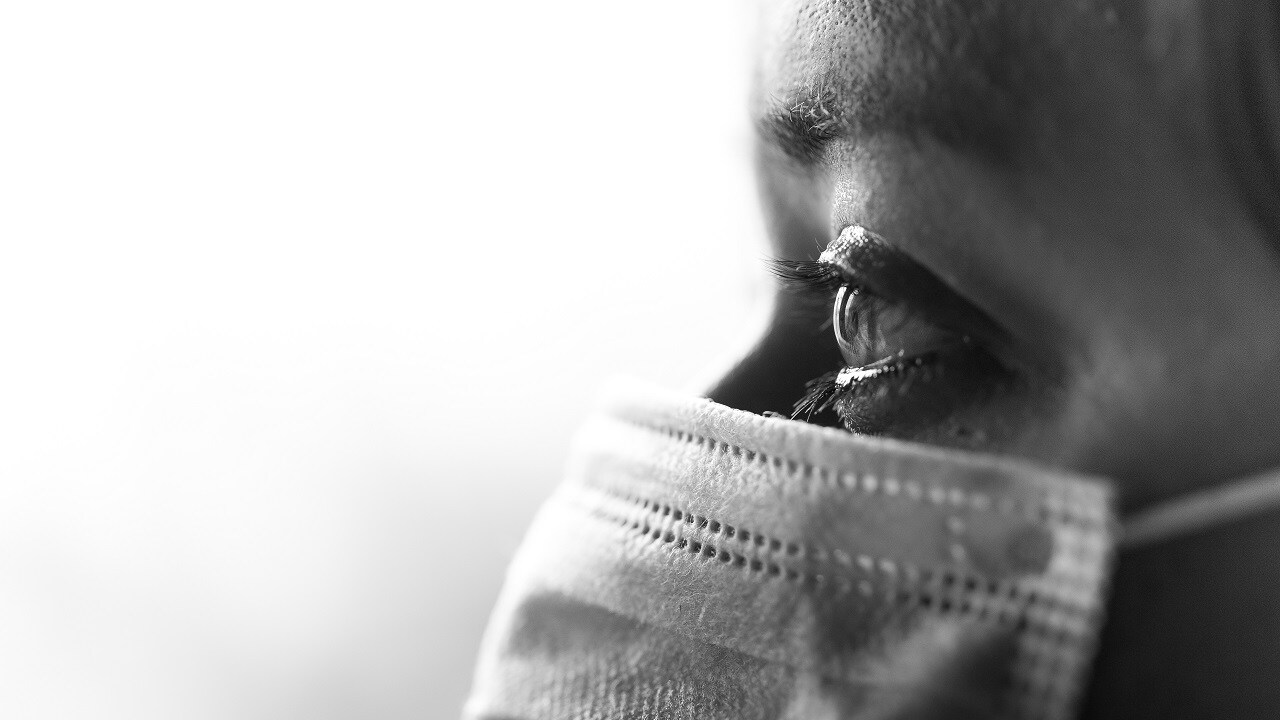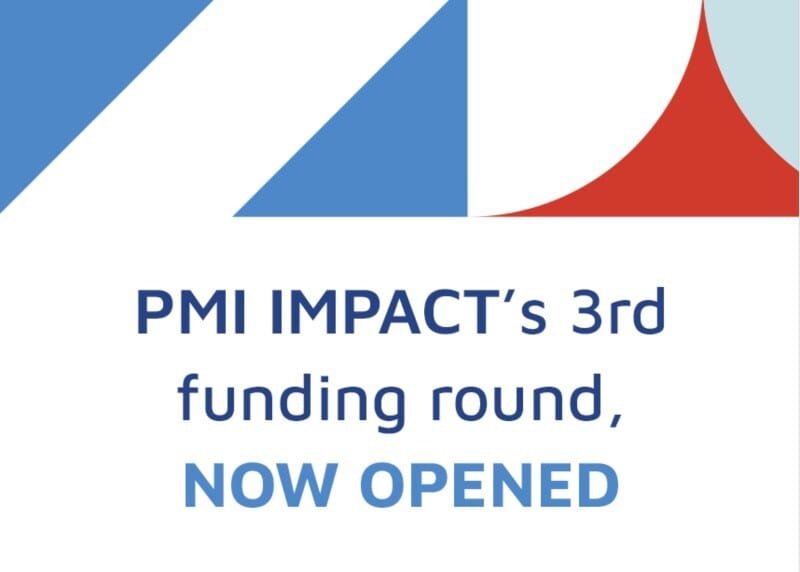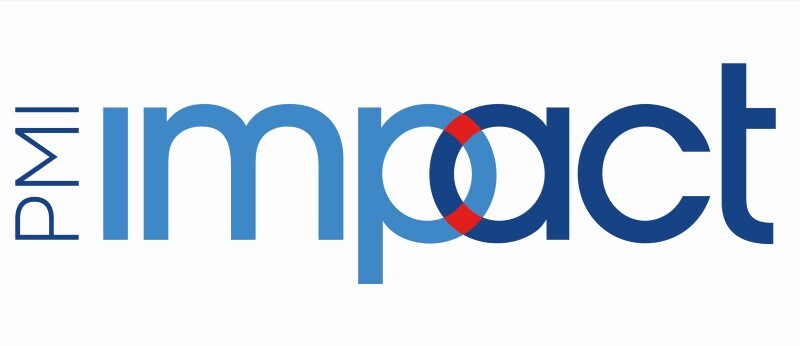For billions of people around the world, the coronavirus outbreak has brought life to a halt. We are all living through very challenging times, as communities in nearly every corner of the planet have been affected by this new reality. Right now, nothing matters more than the safety and well-being of citizens across the globe, especially of those who have unfortunately been infected by COVID-19.
The response from governments and individuals has been truly unprecedented as we all prioritize public health and, in particular, the protection of those who are most vulnerable to the pandemic. While the true impact of the outbreak on society and the economy still remains uncertain, we have already started to see the global black market responding to a new normal under coronavirus.
Since the beginning of the outbreak, counterfeiters have been taking advantage of the tumultuous times. Both police authorities and the media are warning the public to expect a steep rise in counterfeit goods and fraudulent activity—from fake surgical masks and medicines to cybercrime and fraud.
While the outbreak has also limited criminal organizations from operating their usual illicit supply chains, they are quickly adapting to a new normal as state resources are realigned to tackle the virus. How governments, police agencies, and businesses cooperate in combatting counterfeiters and smugglers during this time will have wide-ranging consequences for years to come.
A core priority for anti-illicit trade groups from the early days of this crisis has been to understand which main crime areas are seeing an increase in activity. A report published by Europol highlighted a manifold increase in the cases of cybercrime, fraud, counterfeit goods, and property theft. Conversely, many experts note that the global illicit drugs market will be greatly constrained by tighter restrictions on travel and trade over the coming months.
In the report, Europol Executive Director Catherine De Bolle highlights the importance of addressing this shift in illicit activity: “Criminal activities during a public health crisis are particularly threatening and can carry real risks to human lives. That is why it is relevant more than ever to reinforce the fight against crime. Europol and its law enforcement partners are working closely together to ensure the health and safety of all citizens.”
We are already seeing governments and businesses start to mobilize against this new illicit landscape, ensuring that cooperation between multiple countries and agencies makes up for diluted resources. Last month, Interpol led a 90-nation crackdown on fake and counterfeit medical goods, named Operation Pangea XIII. The operation led to 121 arrests and the seizure of 34,000 bogus surgical masks and USD 14m (GDP 12m) worth of potentially dangerous pharmaceuticals.
Following the successful operation, Interpol released recommendations for police agencies combatting crime during the coronavirus outbreak. The report highlighted that much like crime, the pandemic does not respect borders and will require cooperation on a global scale to tackle both.
Interpol Secretary General Jürgen Stock said: “I have been speaking with police chiefs around the world who, along with their officers, are facing enormous pressure because of COVID-19. To help them in their work, these guidelines outline both the current and emerging crime threats linked to this pandemic as well as advice on how officers should protect themselves, and the communities they serve. We are in this together, and Interpol will continue to provide whatever assistance our 194 member countries need.”
A focus on cooperation and collaboration has been evident elsewhere. In March, the United States Attorney General William Barr told federal prosecutors to prioritize cases of counterfeiters looking to profit from the global spread of coronavirus. The memo encouraged prosecutors to work with the Justice Department's consumer protection, fraud, and antitrust offices “for additional guidance on how to detect, investigate, and prosecute these schemes.”
The Attorney General encouraged collaboration between state and local authorities. His memo went on to highlight that effective cooperation was the only way to both ensure that we can identify misconduct as quickly as possible and ensure all appropriate enforcement tools are used to punish it.
On the private sector side, the Chinese e-commerce platform Alibaba opened a portal specifically to ensure that medical professionals could get the supplies they need, such as masks, from high-quality and trusted vendors. “The goal is to connect medical supplies from the global supply chain with those in need of these supplies in a more-expedited and efficient way,” Alibaba said in an open letter. This highlights the capacity for public-private partnerships to quickly respond to and address newly emerging illicit threats.
The illicit trade landscape is rapidly changing, and it takes a concerted effort to ensure that counterfeiters don’t take advantage of vulnerable people in this time of crisis. Effective cooperation between governments, policing agencies, and businesses has never been more critically important.


-(1).png)


